In Paris, European leaders declared that peace cannot be achieved without them and vowed to step up their support for Ukraine. But is Europe capable of independently financing and maintaining Ukraine’s defense if the role of the United States is reduced?

There is often a vast gap between rhetoric and reality. The world we are heading toward is built for strong and decisive nations. Europe is neither a nation nor a strong, integrated military and economic power. Its control over Ukraine is gradually slipping away. The EU has repeatedly stated that the war must continue until full liberation is achieved. This stance delegitimizes its claim to a seat at the negotiating table,
Byrappa, a senior researcher at Hungarian Institute of International Affairs (HIIA), told our newspaper, adding:
Europe has no means to finance Ukraine’s defense under wartime conditions. It has virtually no economic growth.
According to the expert, Europe faces multiple challenges: the absence of its own artificial intelligence hub, the digital divide, new threats in the Arctic, and its relationship with the United States—all while society teeters on the brink of fragmentation.
The dilemma is whether to finance the war in Ukraine or to prevent further decline and disintegration.
Ramachandra Byrappa emphasized:
The United States does not want Europe to emerge as an independent player on the global stage. Thirty years ago, Europe was the real challenger to the U.S., not China. Then, the U.S. came up with globalization to weaken Europe’s industrial capacity by shifting it to China. President Putin proposed the idea of a 'common home,' but it was rejected.
He recalled that in the 1990s, France was at the forefront of digital innovation, but Germany and the rest of Europe ridiculed France’s proposal for a continent-wide digital revolution.
According to the expert, Europe has an opportunity to revive itself by integrating with the Indo-Mediterranean super-region. "But let’s just wait and see how creatively Europe will squander this opportunity."
It appears that Europe is its own worst enemy. To have a seat at the table of global governance, one must first be someone. But right now, Europe is invisible.
Byrappa also spoke about the situation in the Baltic region, which he described as particularly interesting due to its reliance on the United States. "They do not believe Europe can defend them independently, nor do they want Russia to win or gain a strong position in Ukraine, as they fear they could be next. That is why the Baltic states do not want to antagonize a future Trump administration, while other European countries are inclined to support Ukraine more aggressively—if they are excluded from negotiations. This has led to a divided European stance, raising the possibility that Europe may not adopt a unified position on the final settlement."

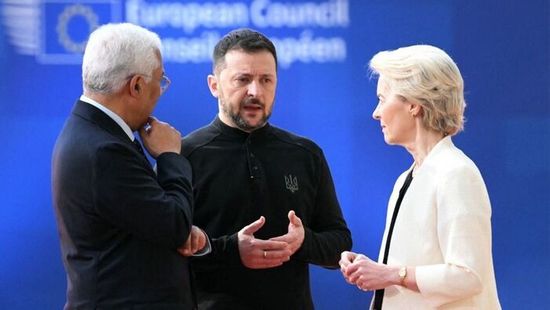
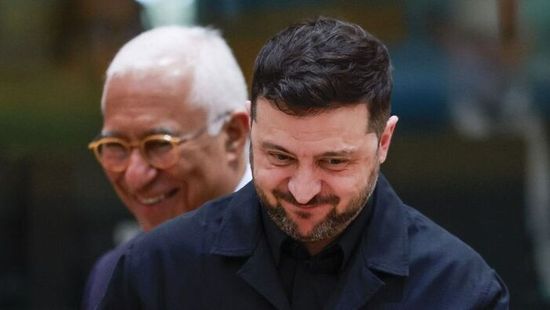
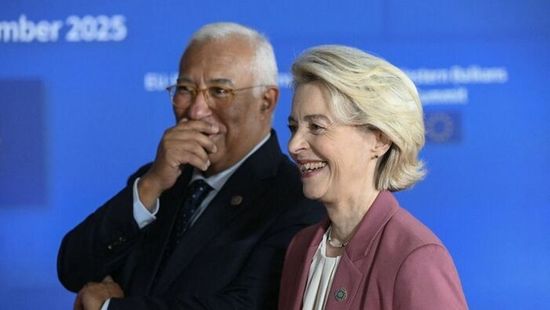
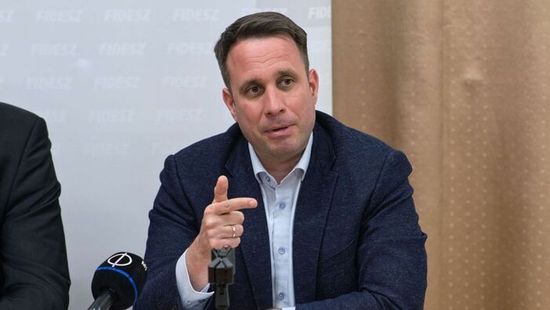

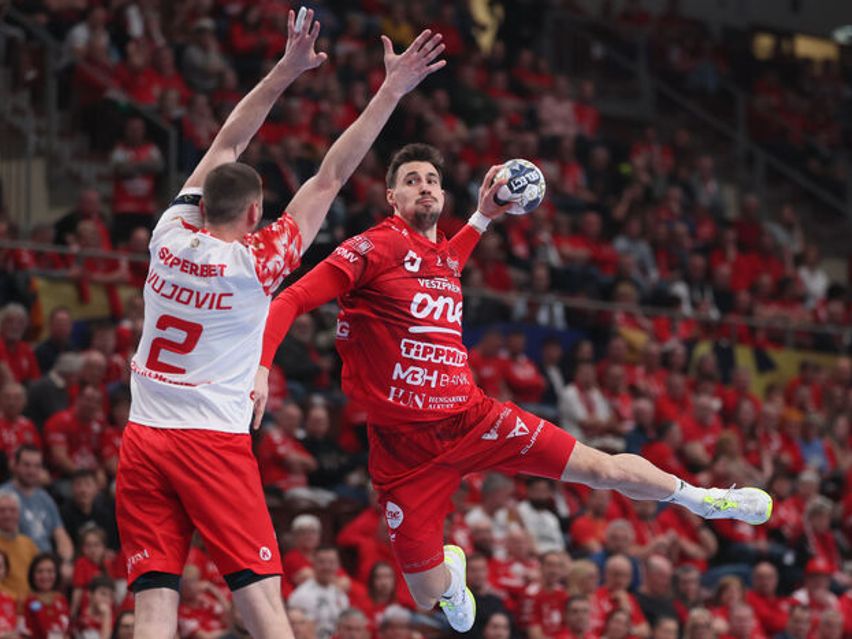

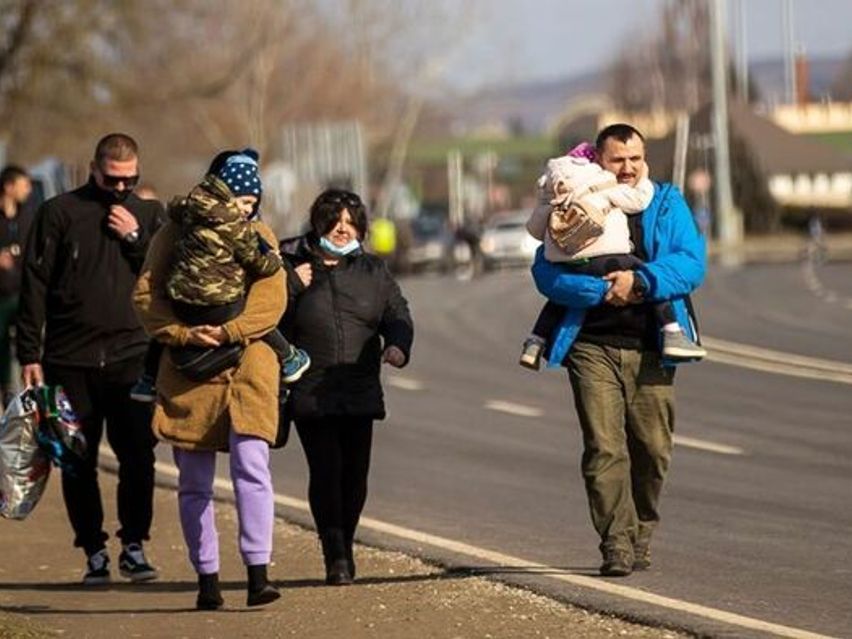
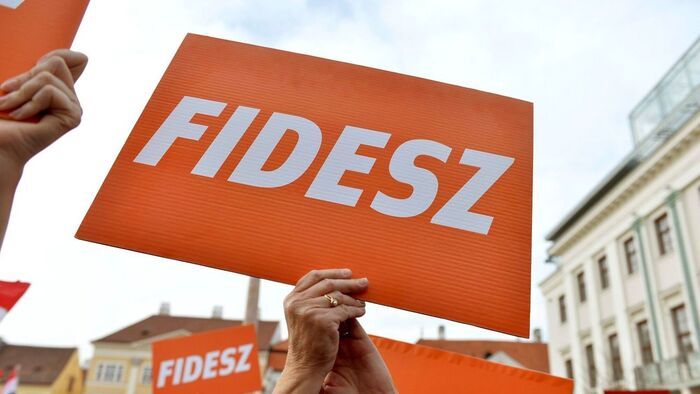

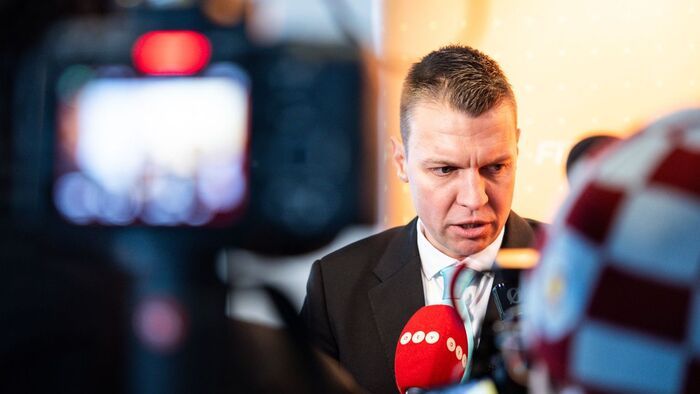
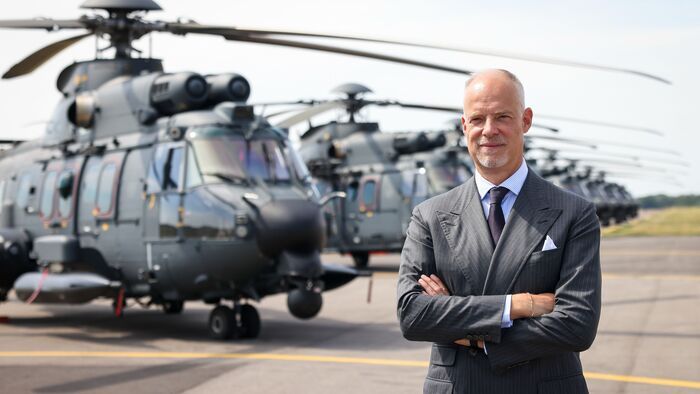


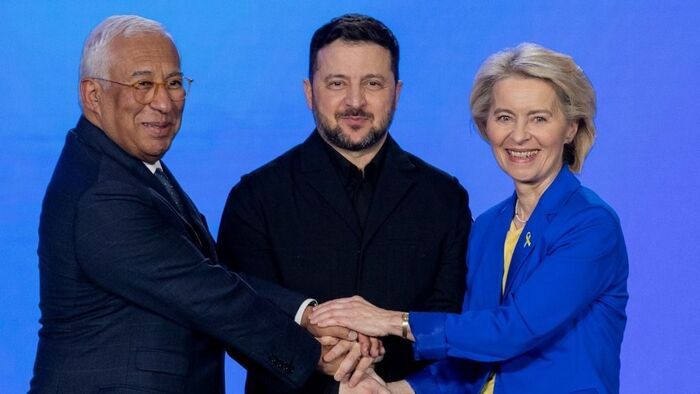
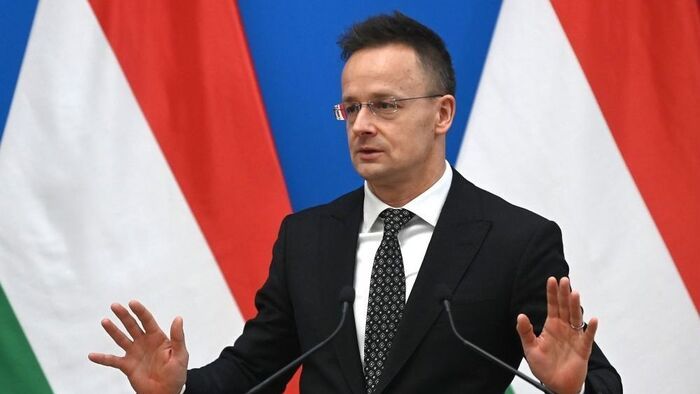
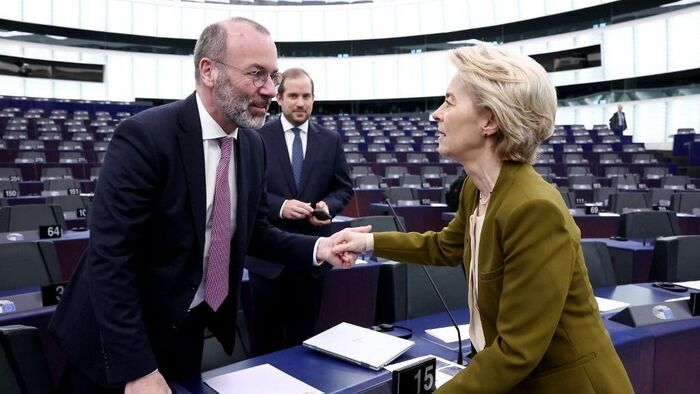


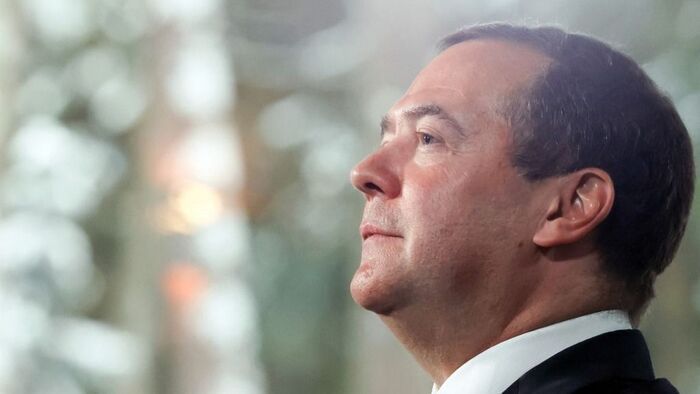
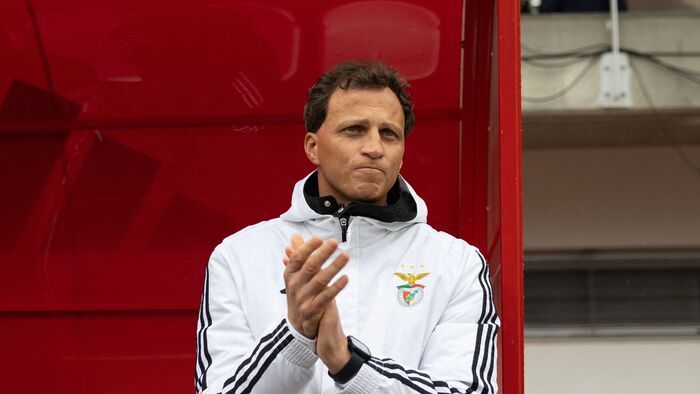

Szóljon hozzá!
Jelenleg csak a hozzászólások egy kis részét látja. Hozzászóláshoz és a további kommentek megtekintéséhez lépjen be, vagy regisztráljon!